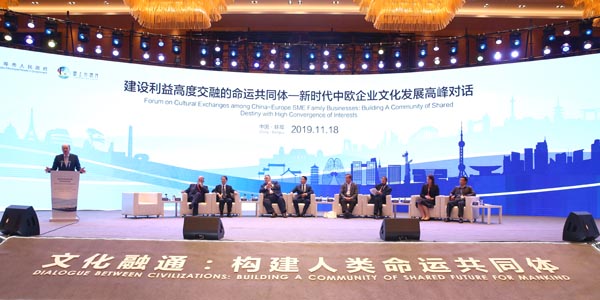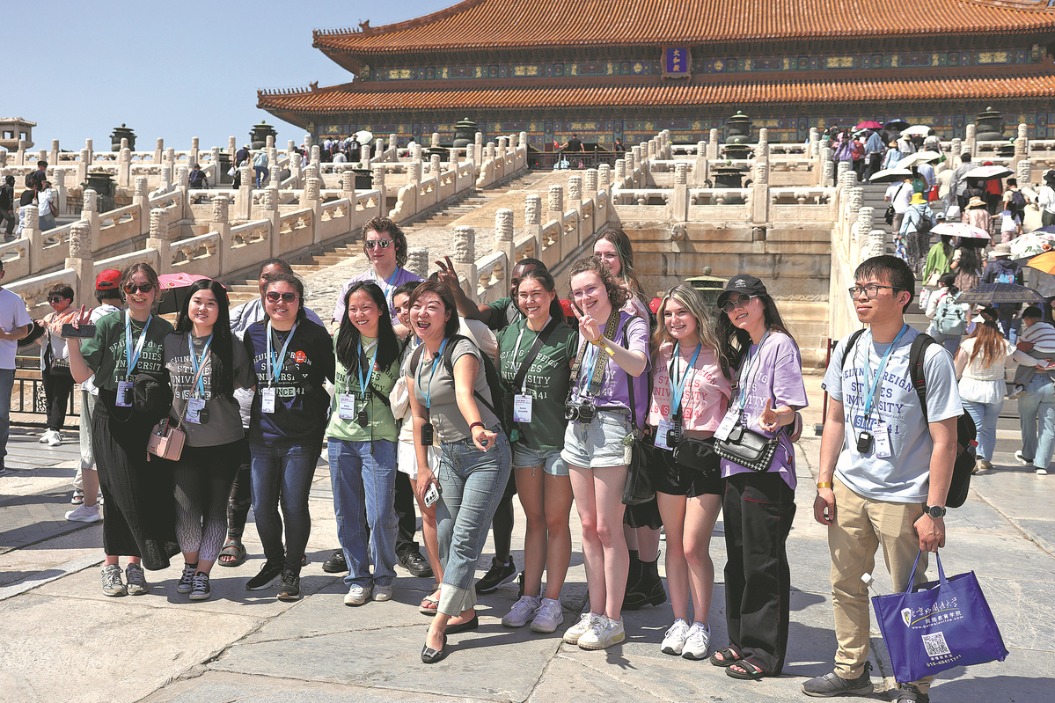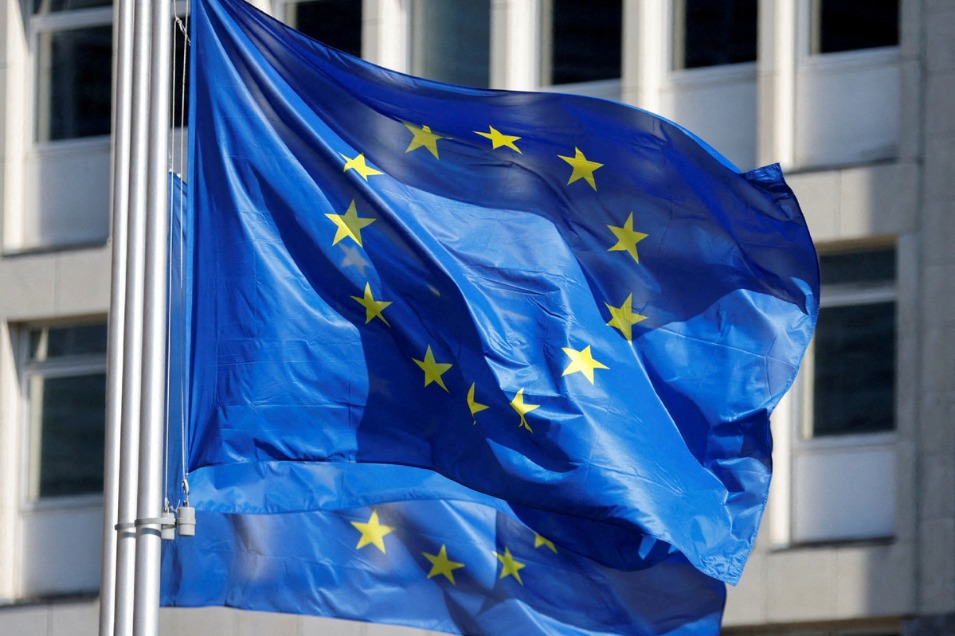Culture's role 'increasingly important'
By Xu Junqian in Bengbu, Anhui | China Daily | Updated: 2019-11-19 08:13

In globalized world, exchanges promote diversity, ex-UNESCO director suggests
Though often abstract and intangible, cultural exchanges lay the most basic foundation for economic and political development. And this is increasingly vital amid a rapidly changing global situation, said experts at a forum on Monday, in Bengbu, Anhui province.
The Forum on Cultural Exchanges among China-Europe SME Family Businesses: Building a Community of Shared Destiny with High Convergence of Interests helped launch the International Exchange Center of Cultural and Artistic Skills. The new center is located amid some 450 restored architectural wonders in Bengbu that will promote cultural heritage around the world.
"We have to understand that in a globalized world, culture plays an increasingly important role," said Irina Bokova, former director-general of UNESCO.
"We live side by side in ways we have never done before. How do we ensure that this means living together in peace and respect instead of conflict? Will humanism rise up as one single family, sharing the same planet and making the most of its diversity to foster human dignity," Bokova asked.
Political adviser Zhou Hanmin sees the significance of culture and communication from a more practical perspective.
"When people mention trade, the first impression is usually the exchange of goods and services. But I think first and foremost what is exchanged is ideas and concepts, which essentially constitutes cultural exchange, or dialogue," said Zhou, who was also deputy director of the Expo 2010 Shanghai China executive committee.
Having spent a decade bidding and preparing for the 2010 Shanghai World Expo, he said events like the expo could boost the potential of the city and even the nation as a whole, far beyond the scope of culture.
"Never underestimate cultural exchanges. Even though they generally don't touch upon big themes like economics and politics, they are everywhere on agendas. Cultural exchanges are the only way and the best way to promote development and progress in the world," Zhou added.
And small and medium-sized enterprises, which account for about 90 percent of global businesses and more than half of employment, are among the most important platforms initiating the exchanges.
The World Bank estimates that by 2030, 600 million new jobs will be needed to absorb the increasing global workforce, which makes SME development a high priority for many governments around the world.
Romano Prodi, a former Italian prime minister, said at the forum that with the rapid evolution of technologies, the rising cost of doing business and the need for innovation by even the smallest enterprises, few companies can rely on their own communities but instead have to open to a wider market. During this process, cultural differences will be inevitable.
Taking business clusters as an example, he added that while there used to be worries that being located near peer enterprises might intensify competition, the effect of clustering is actually more positive as it can cut costs, improve communication and inspire innovation.






















